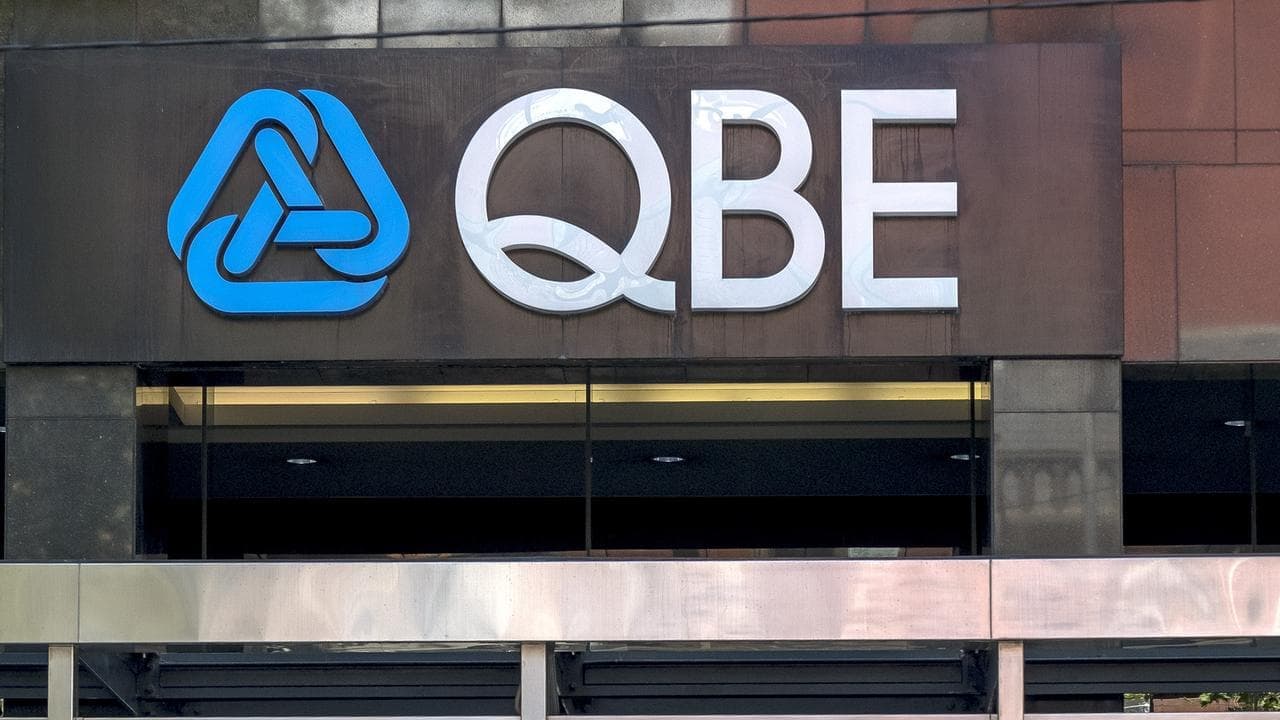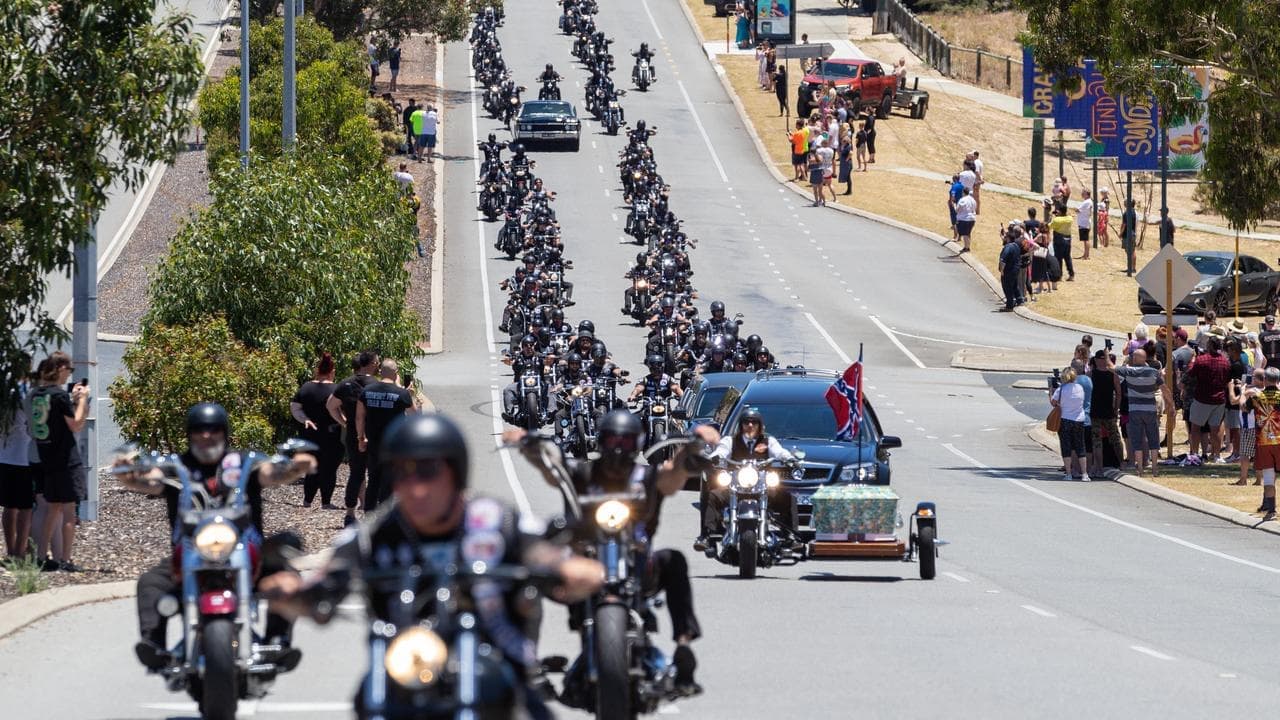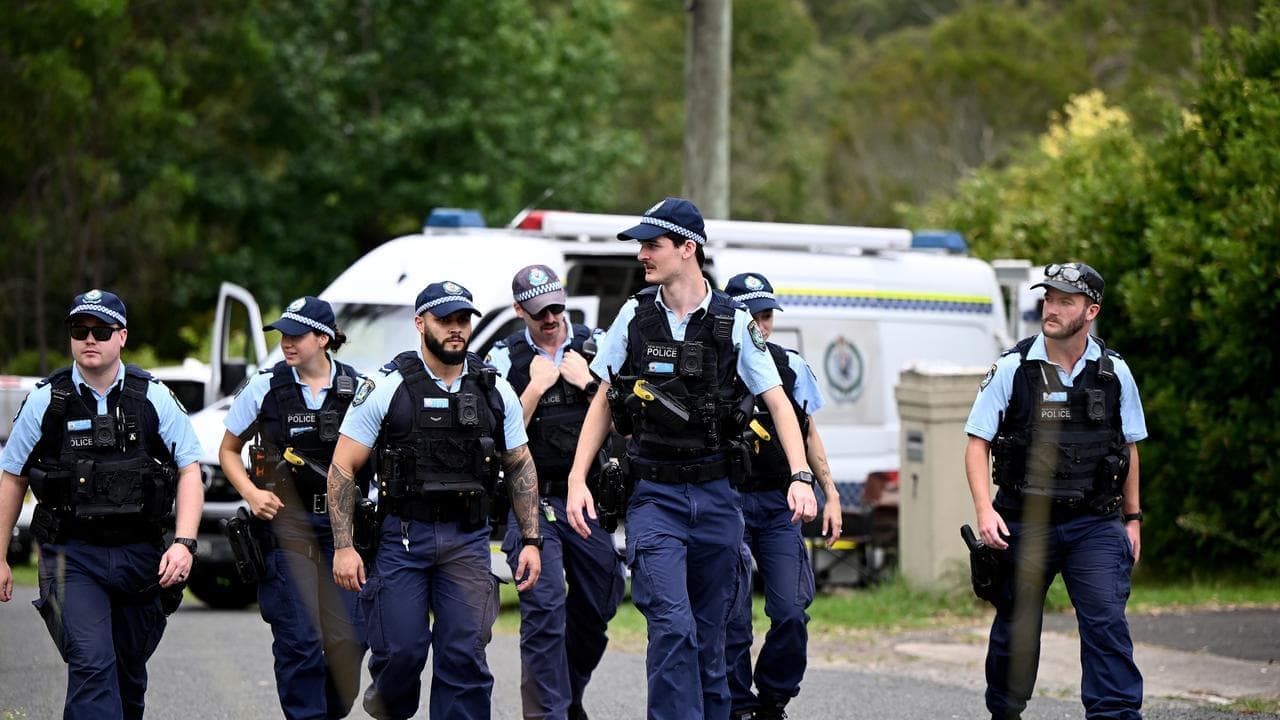WHAT WAS CLAIMED
Recognising Indigenous people in the Australian Constitution will prevent them from pursuing a treaty.
OUR VERDICT
False. Constitutional recognition of Aboriginal and Torres Strait Islander people will not prevent a treaty.
An opponent of the proposed Indigenous voice to parliament claims recognising Aboriginal and Torres Strait Islander peoples in the Constitution will prevent them from making a treaty.
This is false. Law experts told AAP FactCheck constitutional recognition, as proposed in an upcoming referendum on the Indigenous voice to parliament, will not prevent them from making a treaty with the federal government.
The Facebook post (archived here) claims that First Nations peoples will be barred from making a treaty if the 'yes' vote succeeds in the referendum.
It also features a screenshot of a section of the Department of Foreign Affairs and Trade website explaining international treaties.
"Upon recognition of Aboriginal and Torres's (sic) strait Islanders people under the Australian constitution their sovereignty is ceded to the possession of the Parliamentary sovereign," the caption says.
"So all these people saying it's the first steps towards treaty process you have been lied too as the people under the constitution are govern by the sovereign king of England and can't make treaty with their King. Deception at its finest."

The same user also warns about the impact of constitutional recognition on potential Indigenous treaties in an earlier post (archived here).
"No treaty will follow upon recognition of Aboriginal and Torres's (sic) Strait Islanders people in the constitution, the constitution can't make a treaty with the people it governs. A treaty is an international agreement concluded in written form between two or more sovereign States...."
UTS academic Harry Hobbs, an expert on Indigenous treaties, said constitutional recognition will not forestall potential treaties between First Nations peoples and the federal government.
"The treaty is a recognition of two or more parties," Associate Professor Hobbs told AAP FactCheck.
"A constitution can recognise the existence of First Nations peoples, but that has nothing to do with a treaty.
"A treaty is a political statement between two or more parties."
Dr Hobbs said international treaties were established under the 1969 Vienna Convention on the Law of Treaties, but any treaty between Indigenous people and the Australian government would be different.
"It's not subject to international law - it's subject to Australian law," he said.

UNSW Sydney constitutional law expert George Williams says the Constitution and treaties "are separate issues".
"Treaties are negotiated between governments and Indigenous peoples, and can proceed irrespective of the outcome of the referendum," Professor Williams told AAP FactCheck.
Both experts say the two posts confuse treaties between internationally-recognised sovereign states with treaties between nations and Indigenous peoples.
Prof Williams said the First Nations peoples have made treaties with governments despite being mentioned in constitutions, which has happened in Canada and the United States.
"Treaties are common in those countries, and equally possible in Australia under our constitution," he added.
Cheryl Saunders, Laureate Professor Emeritus at Melbourne Law School and former president of the International Association of Constitutional Law, said the premise of the claim was "meaningless".
"The 'constitution' can't make a treaty with anyone; all it can do is authorise institutions to make treaties (or take any other action) on the part of the Commonwealth of Australia," Professor Saunders told AAP FactCheck.
"The claimant clearly has international treaties in mind, which is the most common usage these days.
"In reality, however, a treaty might refer to any solemn agreement between two or more parties."

Professor Megan Davis and Patricia Anderson, co-conveners of the Uluru Statement from the Heart driving the 'yes' campaign in the referendum, believe it's more desirable to have Indigenous constitutional recognition before any treaty.
Professor Davis, a constitutional law expert, has said that recognition is critical to having a robust treaty, and claiming that it may slow or prevent a treaty is an "erroneous assertion".
Ms Anderson, co-chair of the Referendum Council set up to consult on constitutional change, has argued that recognition as through the voice-treaty-truth process outlined in the Uluru Statement is deeper, more complex and more enduring than a treaty in isolation.
"On its own, a treaty would operate only as an element within the system of colonially-derived law," Ms Anderson wrote in October 2022.

Dr Hobbs also said the post was inaccurate because the referendum question does not address the sovereignty of Indigenous peoples.
"The only people who can cede sovereignty are the people who possess sovereignty," he said.
"You can't cede something unless you explicitly agree to cede it".
Prof Davis has also addressed that claim, saying: "First Nations people have their sovereignty ... we are sovereign people. No one can cede that sovereignty unless we do it ourselves."
The Verdict
The claim that recognising Aboriginal and Torres Strait Islander people in the Australian Constitution will remove their ability to seek a treaty with the federal government is false.
Constitutional law experts told AAP FactCheck there's no connection between recognition and any potential treaty, and an agreement can be negotiated regardless of the referendum's outcome.
False – The claim is inaccurate.
AAP FactCheck is an accredited member of the International Fact-Checking Network. To keep up with our latest fact checks, follow us on Facebook, Twitter and Instagram.












